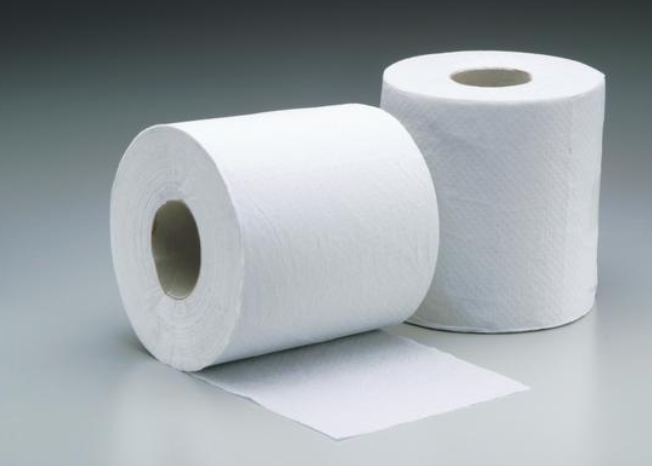Canada

June 3, 2018
Canadian Tariff on My TP? Oh No!
Written by Sandy Williams
Consumers in the United States may soon see their favorite products increase in price or become harder to find. In retaliation for Section 232 tariffs on U.S. steel and aluminum, Canada plans to impose its own 25 percent and 10 percent tariffs on a wide variety of goods.
The 25 percent tariff is restricted to steel products, but the 10 percent tariff will affect products ranging from aluminum to toilet paper. The tariffs are expected to take effect July 1 following a comment period.
Here is a summary of products posted by the Canadian government derived by the Canadian Press from the official May 31 notice.
Items subject to 25 percent tariff:
• Iron and non-alloy steel in ingots or other primary forms, including semi-finished products, flat-rolled products, bars, and rods and wire.
• Stainless steel ingots or other primary forms, including semi-finished products, flat-rolled products of stainless steel, bars and rods, angles, shapes and sections, and wire.
• Other alloy steel in ingots or other primary forms, including semi-finished products, flat-rolled products, bars and rods, angles, shapes and sections, hollow drill bars and rods, wire.
• Tubes and pipes, sheet piling, railway or tramway track construction material, pipe for oil or gas pipelines, casing or tubing used in drilling for oil or gas.
Items subject to 10 percent tariff:
• Food products, including yogurt, roasted coffee that is not decaffeinated, prepared meals of fowl or beef.
• Sweets, including maple sugar and syrup, licorice candy, toffee, other sugar confectionery, including white chocolate not containing cocoa, other chocolate in blocks — slabs or bar, filled or not filled.
• Other foods, including pizza and quiche, cucumbers and gherkins, jams, jellies, strawberry jam, nut purees and pastes, berry purees, and other fruit purees other than banana puree.
• Condiments, including soy sauce, tomato ketchup and other tomato sauces, prepared mustard, mayonnaise, salad dressing, mixed condiments and mixed seasonings, other sauces.
• Soups and broths, mineral waters and aerated waters, containing added sugar or other sweetening matter or flavor.
• Whiskey.
• Personal grooming products, including manicure or pedicure preparations, hair spray, shaving and after-shave preparations, soaps and other skin washing products.

• Hardware products, including insecticides and fungicides in packages under 1.36 kg each, plywood (other than bamboo), veneered panels and similar laminated wood.
• Other steel or iron products, including beer kegs or parts for stoves, ranges, grates, cookers and barbecues.
• Aluminum bars, rods, wire, sheets, foil, tubes and pipes and pipe fittings, most aluminum structural pieces, aluminum reservoirs, tanks, vats and similar containers, including tanks for compressed or liquefied gas.
• Aluminum kitchenware, including tables, scouring pads.
• Appliances, including refrigerator-freezers fitted with separate external doors, instantaneous or storage water heaters, washing machines.
• Miscellaneous items, including lawn mowers, electrical boards, panels, consoles, inflatable boats, sailboats, motorboats, mattresses, sleeping bags and other bedding, playing cards, ballpoint pens, felt tipped and other porous-tipped pens and markers.







